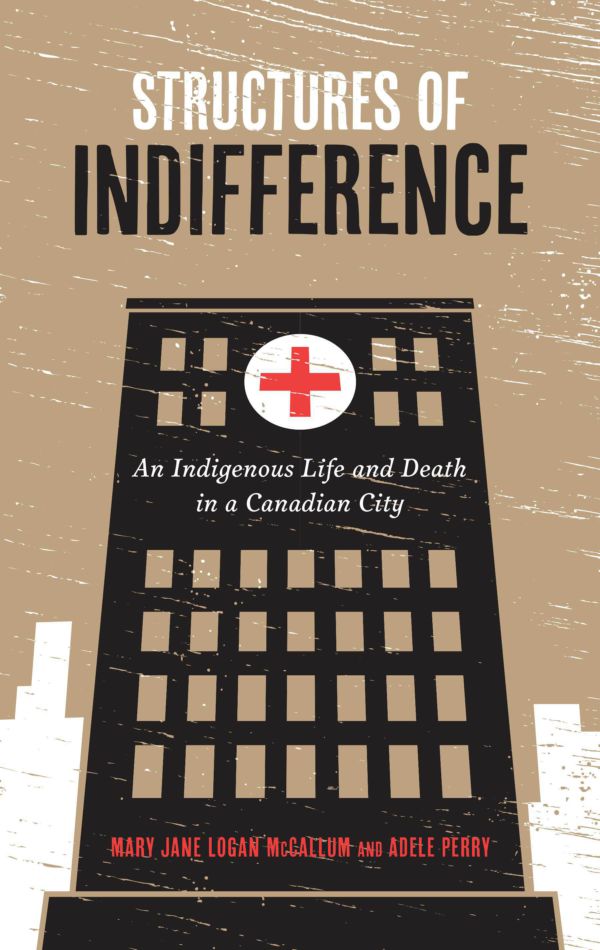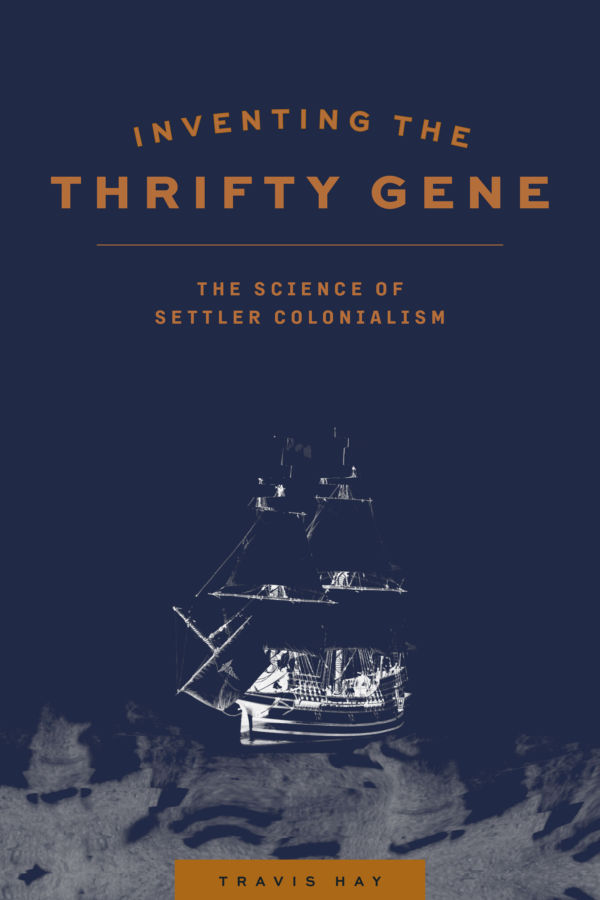Structures of Indifference
An Indigenous Life and Death in a Canadian City
Find the audiobook of Structures of Indifference
Overview
Structures of Indifference examines an Indigenous life and death in a Canadian city and what it reveals about the ongoing history of colonialism. In September 2008, Brian Sinclair, a middle-aged, non-Status Anishinaabe resident of Winnipeg, arrived in the emergency room of a major downtown hospital. Over a thirty-four- hour period, he was left untreated and unattended to, and ultimately died from an easily treatable infection.
McCallum and Perry present the ways in which Sinclair, once erased and ignored, came to represent diffuse, yet singular and largely dehumanized ideas about Indigenous people, modernity, and decline in cities. This story tells us about ordinary indigeneity in the city of Winnipeg through Sinclair’s experience and restores the complex humanity denied him in his interactions with Canadian health and legal systems, both before and after his death.
Reviews
“You can’t really sugarcoat the colonial genealogy that killed Brian Sinclair. Structures of Indifference is a necessary book. It offers a short, direct framing of the death of Brian Sinclair as a clear instance of racism, a racism that is the basis of Canadian settler colonialism.”
Sherene H. Razack, author of Dying from Improvement: Inquests and Inquiries into Indigenous Deaths in Custody.
"Yesterday, I read Mary Jane Logan McCallum and Adele Perry’s Structures of Indifference in one sitting. It makes Brian Sinclair’s unbelievable 2008 death by racist negligence in a Winnipeg hospital emergency room completely believable. Historians, read this book.”
Karen Dubinsky, Queen’s University
"Situates a global and pervasive history of dispossession and marginalization within a local and specific story of one Indigenous life."
G. Bruyere, CHOICE
"One is to hope that this book is another nail in the coffin of colonialism’s impact on Indigenous people in Canada.”
Earl Waugh, The Canadian Journal of Native Studies
“An accessible resource, providing undergraduate and graduate students, researchers, historians, and members of the general public a deep and careful study of what the life and death of one man can tell us about the deadly legacy and troubling contemporary prevalence of racism in the Canadian healthcare system.”
Karen Ella McCallum, American Review of Canadian Studies
“In a Canadian hospital in 2008, an Indigenous man was left untreated and unattended for 34 hours and died of an easily treatable infection. A subsequent inquest wrestled with whether to examine systemic racism against Indigenous peoples as a contributing factor in Brian Sinclair’s death, or to focus solely on operational or procedural failures. The historian-authors use inquest documents as their primary archive to analyze how legal processes narrowly define and interpret events to effectively obscure the violence of contemporary settler colonialism. The book situates a global and pervasive history of dispossession and marginalization within a local and specific story of one Indigenous life. [...] A key success is that the authors never lose sight of Sinclair’s complex humanity as a man and family member, and as an urban Indigenous community member within an institution, city, province, and country that too often dehumanizes and ignores Indigenous peoples.”
G. Bruyere, CHOICE
Awards
Indigenous History Book Prize, Canadian Historical Association (2019)
Alexander Kennedy Isbister Award for Non-Fiction, Manitoba Book Awards (2019)
AUP Book, Jacket, and Journal Show (Scholarly Typographic) (2019)






